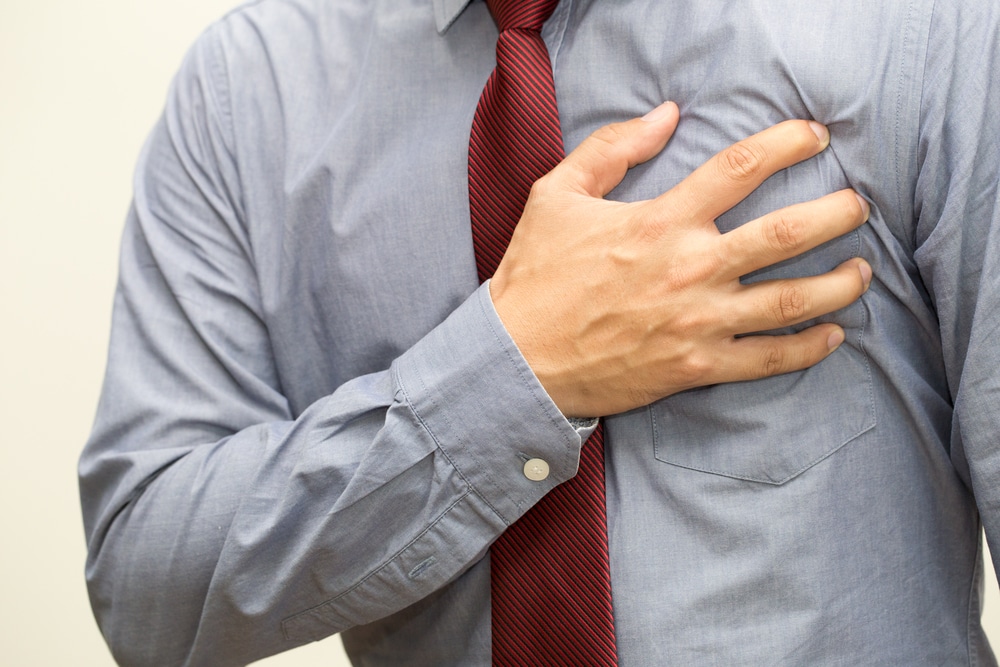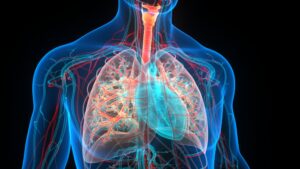Hypertrophic cardiomyopathy (HCM) is a disorder in which the heart muscle thickens abnormally (hypertrophied). The thickening heart muscle can make it more difficult for the heart to pump blood.
Because many people with hypertrophic cardiomyopathy have few symptoms and can lead regular lives with no severe issues, the illness is frequently misdiagnosed. But to understand whether you are experiencing symptoms of this condition or not, let us look at the signs and symptoms of HCM. Plus you’ll find common treatment options to consider.
Signs and Symptoms of HCM
Hypertrophic cardiomyopathy can be confused with various cardiac disorders when it comes to symptoms. Following a meal, it is common for the symptoms to become more noticeable, especially after a large meal.
If you experience any of these symptoms, it’s advisable to see your doctor as soon as possible to receive an accurate diagnosis and treatment.
The following are examples of hypertrophic cardiomyopathy symptoms:
- When you push yourself too hard, you may have shortness of breath.
- Chest pain that frequently occurs after physical activity
- Dizziness
- Fainting (syncope)
- Palpitations or fluttering in your chest, especially when exercising, are common
- Very rapid heartbeat
Common Treatments For HCM
If you are diagnosed with hypertrophic cardiomyopathy, your doctor and other healthcare professionals will collaborate to establish a treatment plan tailored to your specific needs. These will allow you to get back to doing the things you enjoy most in your life.
The most common treatments may include:
Make changes to your way of life to improve your health. Changes in your way of life can lower your chances of developing complications from hypertrophic cardiomyopathy.
Exercise. Competitive sports are generally not suggested for people who have hypertrophic cardiomyopathy, except for some low-intensity sports. Low- to moderate-intensity exercise may be possible for you as part of a healthy lifestyle.
Consuming a nutritious diet. A heart-healthy diet is an important aspect of sustaining good cardiovascular health.
Maintaining healthy body weight is important. Preventing excessive stress on your heart and reducing the health risks linked with surgery or other treatments are two important benefits of maintaining a healthy weight.
Drink less alcohol. If you have symptoms or a history of arrhythmias triggered by alcohol, consult your doctor for advice on safe amounts of alcohol consumption. Drinking excessive amounts of alcohol can cause abnormal heart rhythms and increase the obstruction of blood flow in your heart.
Medications can decrease the force with which the heart muscle squeezes and slowing the heart rate, allowing the heart to pump blood more efficiently.
For the treatment of cardiomyopathy or its symptoms, various surgical or non-surgical options are available. There are several options, ranging from open-heart surgery to the implantation of a device to regulate your heart rhythm. Among the procedures that may be performed are:
- Septal myectomy
- Septal ablation
- Implantable cardioverter-defibrillator (ICD)






